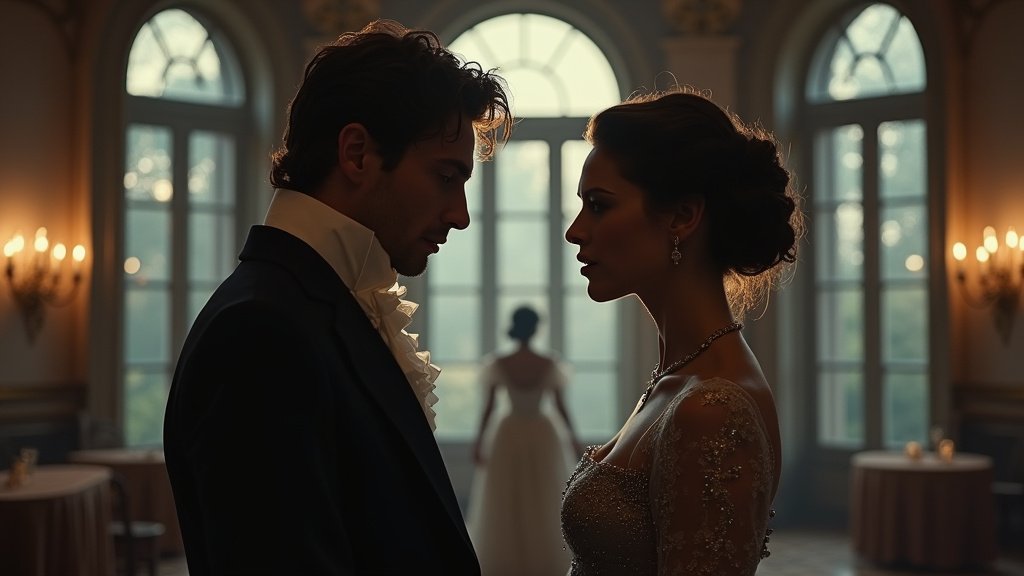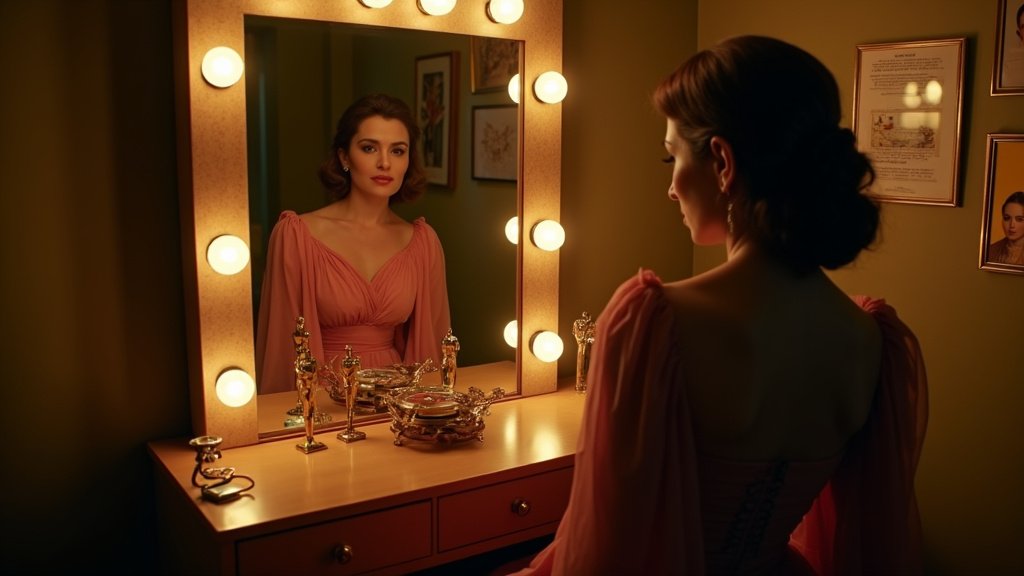The Musical Renaissance: Women, Oscar Nominations, and the Future of Film
In the ever-evolving landscape of cinema, movie musicals have experienced fluctuations in popularity. Yet, a remarkable trend is emerging in 2025: a record number of women from the musical genre are positioned as potential Oscar nominees. This year could mark a significant turning point in the Academy Awards’ history, especially for female performers.
The Surge of Female Talent in Musicals
As we delve into the talent pool for the upcoming Academy Awards, we see a compelling lineup of actresses in prominent roles that could lead to Oscar nominations. Among them are Karla Sofía Gascón, who is expected to shine in the lead role for the highly anticipated film “Emilia Pérez.” Joining her in the supporting categories are renowned actresses Zoe Saldaña and Selena Gomez, both of whom have made a considerable impact with their performances.
Moreover, the excitement doesn’t end there. Cynthia Erivo is a front-runner for a lead nomination with her role in the musical adaptation of “Wicked,” while Ariana Grande is anticipated to receive a supporting nomination for the same film. These women are not just representing themselves; they are part of a larger movement within the film industry that celebrates diverse female voices and stories.
The Potential for Record-Breaking Nominations
If we expand our horizon to include potential nominees beyond just the female leads, we see an impressive array of talent. Jonathan Bailey, who plays a supporting role in “Wicked,” along with musical biopic stars like Angelina Jolie in “Maria” and Timothée Chalamet in “A Complete Unknown,” could mean that a staggering 40% of all Oscar acting nominations in 2025 could be attributed to actors involved in musical films.
This year marks a historical moment for women in musical films. It’s worth noting that in the past, it has been a rarity for both lead and supporting actress Oscars to be awarded to performers from the same movie musical. The last time this happened was in 1973 when Liza Minnelli won for her leading role in “Cabaret” and Joel Grey received the supporting actor Oscar for his performance in the same film.
Historical Context: The Female Oscar Winners from Musicals
Since the dawn of the 21st century, the representation of women in the lead actress category for musical performances at the Oscars has been sparse. Only one woman, Emma Stone, has won the lead actress Oscar for her role in “La La Land.” However, the supporting actress category has seen a much more vibrant history: four women have snatched the Oscar for their performances in musicals. These include:
- Catherine Zeta-Jones for “Chicago”
- Jennifer Hudson for “Dreamgirls”
- Anne Hathaway for “Les Misérables”
- Ariana DeBose for “West Side Story”
This disparity in recognition highlights an ongoing discussion about gender representation in the film industry, particularly in the realm of musicals. With so many talented women in the mix this year, there is hope that the Academy will recognize their contributions more equitably.
The Cultural Impact of Musicals in Film
Musicals have always held a special place in the hearts of audiences. They combine storytelling with the power of song and dance, offering an escape from reality while also reflecting societal issues and emotions. In recent years, the resurgence of musicals has sparked renewed interest in the genre, leading to a wave of adaptations and original productions that resonate with today’s audiences.
Films like “Hamilton” and “The Greatest Showman” have demonstrated that musicals can achieve both critical and commercial success. This resurgence has opened the door for more female-centric stories in the musical genre, allowing women to take center stage in narratives that celebrate their experiences, struggles, and triumphs.
The Future of Women in Musicals
As we look ahead, the potential for women in musicals continues to grow. The current landscape suggests that storytelling in the musical genre is becoming more inclusive, with diverse narratives that elevate female voices. With the shift in industry dynamics, we may see more women helming projects as directors, producers, and writers, thereby shaping the future of musical cinema.
This year’s Oscars could potentially reflect this change, marking a departure from traditional norms and paving the way for future generations of female performers in the industry. The recognition of women’s contributions to the genre may encourage filmmakers to explore more innovative and diverse stories that resonate with a broader audience.
Conclusion
The 2025 Academy Awards present a unique opportunity to celebrate the remarkable achievements of women in the musical genre. With a record number of potential nominees and a cultural shift toward inclusivity, the Oscars may finally reflect the diverse narratives that have long been absent from the spotlight. As we anticipate the nominations and awards, we should embrace and support the talented women in musicals, recognizing their contributions to cinema and paving the way for future generations.
In conclusion, the landscape of movie musicals is changing, and with it comes the hope for greater recognition of women’s talents. It is an exciting time for cinema, and the potential for Oscar nominations this year serves as a testament to the power of storytelling through song and dance. As we celebrate these incredible artists, we look forward to witnessing how their influence will shape the future of film.





